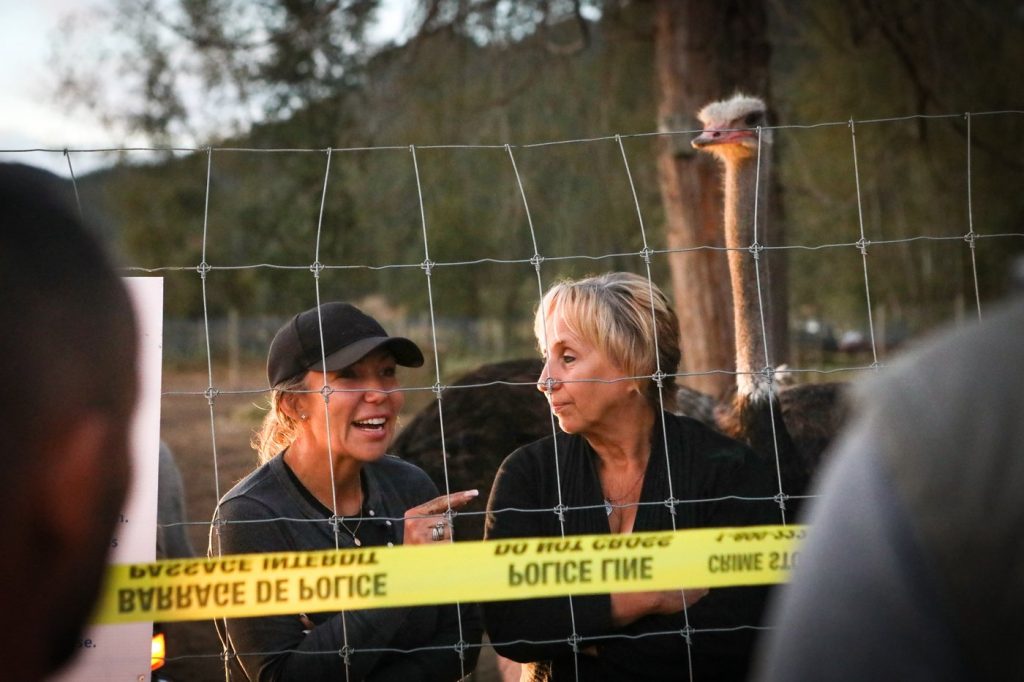OTTAWA – The Supreme Court of Canada is poised to announce its decision regarding the final appeal of a British Columbia ostrich farm, Universal Ostrich Farms, seeking to protect its flock of approximately 300 ostriches. This decision comes after the Canadian Food Inspection Agency (CFIA) mandated a cull due to an avian flu outbreak detected last December, marking more than ten months of legal battles.
Universal Ostrich Farms, located in Edgewood, B.C., has faced setbacks in its legal efforts, having lost in both the Federal Court and the Federal Court of Appeal. The fate of the ostriches now hinges on whether the Supreme Court will agree to hear the case. In September, the high court issued a stay on the cull, providing a temporary reprieve for the flock while it deliberates on the farm's appeal.
If the Supreme Court chooses not to hear the appeal, the CFIA would be legally cleared to proceed with the cull, posing a dire threat to the birds. Legal experts suggest that the farm is facing an uphill battle given the unfavorable rulings in earlier federal court decisions, which could influence the high court's final determination.
The situation surrounding Universal Ostrich Farms has attracted considerable public attention, with supporters rallying at the site to protest against the potential cull. Notably, U.S. Health Secretary Robert F. Kennedy Jr. has intervened in the matter, advocating for the ostriches to be preserved due to their potential scientific value, adding a layer of complexity to the case.
The owners of the farm argue that the CFIA’s policy of culling flocks following an avian flu detection is flawed. They assert that their ostriches have developed "herd immunity" to the virus, whereas the CFIA contends that even birds that appear healthy can still pose a risk of transmitting the disease.
The CFIA currently retains custody of the ostriches, with the farm's owners claiming that the birds were forcibly and unlawfully removed from their property by agency officials and the Royal Canadian Mounted Police (RCMP). This assertion reflects the tension between the farm’s management and governmental authorities, highlighting the contentious nature of the proceedings.
This ongoing legal battle underscores the intersection of agricultural practices, animal welfare, and public health policy in Canada, as the Supreme Court’s upcoming decision could set a significant precedent for similar cases in the future.











